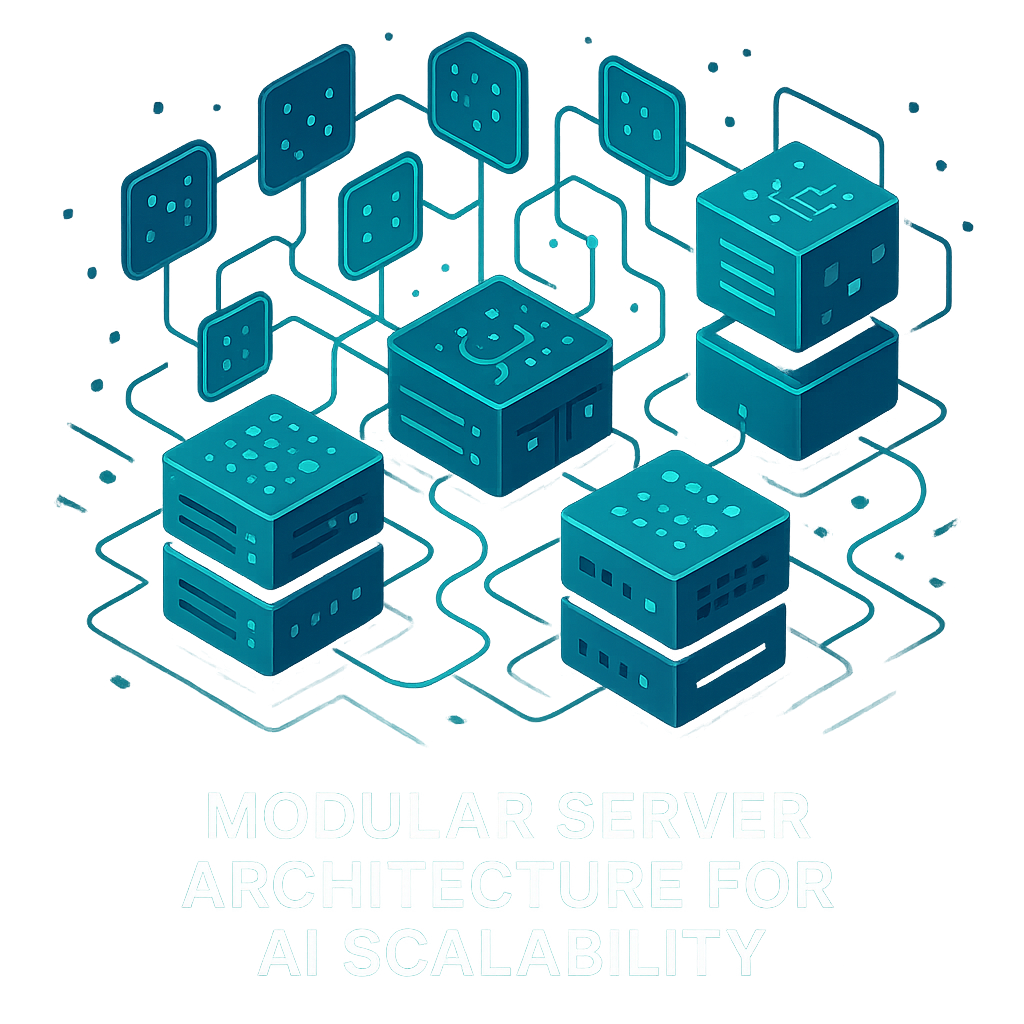From Planning to Deployment: How Software Consulting Firms Support Every Stage

Introduction
Successful software development is never just about writing code. It’s about strategy, planning, execution, and long-term support. That’s why forward-thinking companies partner with software consulting firms that provide value at every stage of the software lifecycle—from ideation to deployment and beyond.
Whether you’re building a custom ERP system, modernizing legacy software, or launching a cloud-based platform, a trusted software consultant can streamline each phase and deliver results aligned with your business goals. Here’s how software consulting firms guide clients through the complete journey.
Stage 1: Strategic Planning and Discovery
Every great solution starts with a clear understanding of the problem. At this early phase, consulting firms act as strategic advisors to ensure your project goals, technical needs, and business objectives are aligned.
Key Contributions:
- Conduct stakeholder interviews and discovery workshops
- Define project scope, goals, and success metrics
- Analyze existing systems, processes, and architecture
- Recommend technology stack and development approach
Example: A DevOps consultant might advise integrating CI/CD pipelines and cloud-native practices from the start to support long-term agility and scalability.
Stage 2: Requirements Gathering and Prototyping
Consultants work closely with your internal team to convert high-level goals into detailed technical requirements. This step bridges the gap between concept and execution.
Key Contributions:
- Translate business needs into feature sets and workflows
- Develop user stories and technical specifications
- Build clickable prototypes and low-code MVPs for validation
- Identify and prioritize core functionality
Why it matters: Early prototypes help prevent costly changes later and ensure all stakeholders are aligned.
Stage 3: System Architecture and Design
A strong foundation is essential for scalability and performance. During this phase, software consulting firms design the architecture that will support your software's future growth.
Key Contributions:
- Choose appropriate architecture (monolithic, microservices, event-driven, etc.)
- Plan integrations with third-party tools, databases, and APIs
- Address data security, privacy, and compliance needs
- Optimize for cloud scalability or hybrid environments
Example: A custom software development Vancouver firm might build a multi-tenant SaaS system optimized for high concurrency and real-time analytics.
Stage 4: Agile Development and DevOps Integration
With planning complete, the development process begins. Here, consultants focus on speed, quality, and iteration. Agile methodologies and DevOps consulting ensure that development is both fast and stable.
Key Contributions:
- Build modular features with regular sprint cycles
- Use test-driven development and version control best practices
- Set up continuous integration/continuous deployment (CI/CD) pipelines
- Monitor performance with real-time dashboards
Benefit: Agile delivery allows for iterative improvements and fast adaptation to changing business needs.

Stage 5: Testing and Quality Assurance
Before any release, rigorous QA is essential. Consulting firms incorporate automated and manual testing protocols to ensure bug-free, secure, and user-ready solutions.
Key Contributions:
- Develop test plans for functional, performance, and security testing
- Automate regression and unit tests
- Conduct usability and accessibility testing
- Resolve issues before release to reduce post-launch disruption
Why it matters: Early and consistent QA shortens feedback loops and reduces long-term support costs.
Stage 6: Deployment and Rollout
The deployment phase is critical. It’s when all the planning and coding goes live. Software consulting firms help ensure a smooth transition, whether it's a soft launch, phased rollout, or full-scale deployment.
Key Contributions:
- Configure cloud environments and production servers
- Handle database migrations and versioning
- Monitor system stability during and after deployment
- Train internal teams on managing the software
Example: An ERP software consultant will often coordinate across departments to ensure data consistency, user onboarding, and training.
Stage 7: Post-Deployment Support and Optimization
The journey doesn’t end at launch. Continuous monitoring, updates, and optimization are vital to ensure the software evolves with the business.
Key Contributions:
- Monitor uptime, performance, and user feedback
- Patch bugs and security vulnerabilities quickly
- Scale the system as usage grows
- Offer roadmap planning for future features
Value: This ensures long-term ROI and user satisfaction with minimal disruptions.
Why This End-to-End Model Matters
Companies that partner with software consulting firms get more than just code—they get a strategic ally. The end-to-end support model reduces risk, speeds up time-to-market, and ensures that each decision along the way contributes to long-term success.
Whether you’re launching a product or transforming legacy operations, choosing the right IT consulting companies in Canada or an IT consultancy near you gives you the edge you need.
Ready to Execute Your Software Vision from Start to Finish?
At The Ninja Studio, we provide full-spectrum software consulting—from planning and architecture to DevOps, QA, and long-term support. If you’re looking for a partner who’s hands-on, strategic, and outcome-driven, let’s build your next great solution together.
[Contact The Ninja Studio Today] to turn your ideas into scalable, high-performance software.
Keywords
- devops consultant
- custom software development vancouver
- software consultant
- its consulting services
- it consulting companies in canada
- software company
- it consultancy near me
- erp software consultant

%201.png)


.svg)




.svg)
